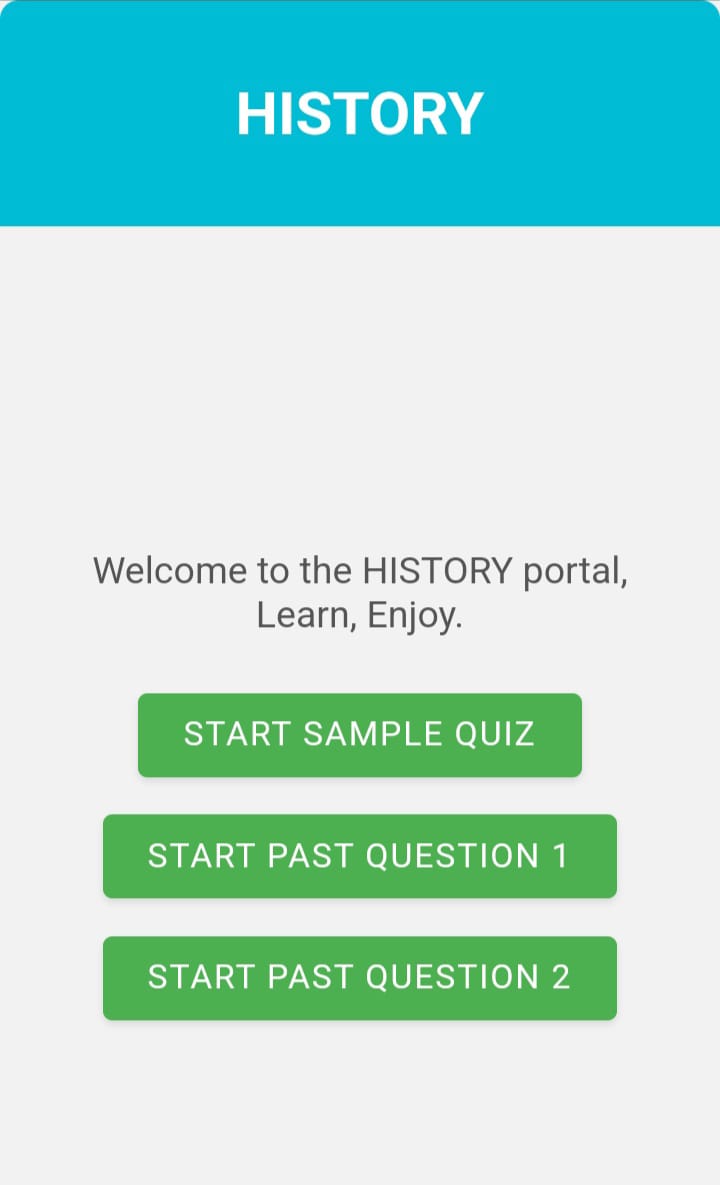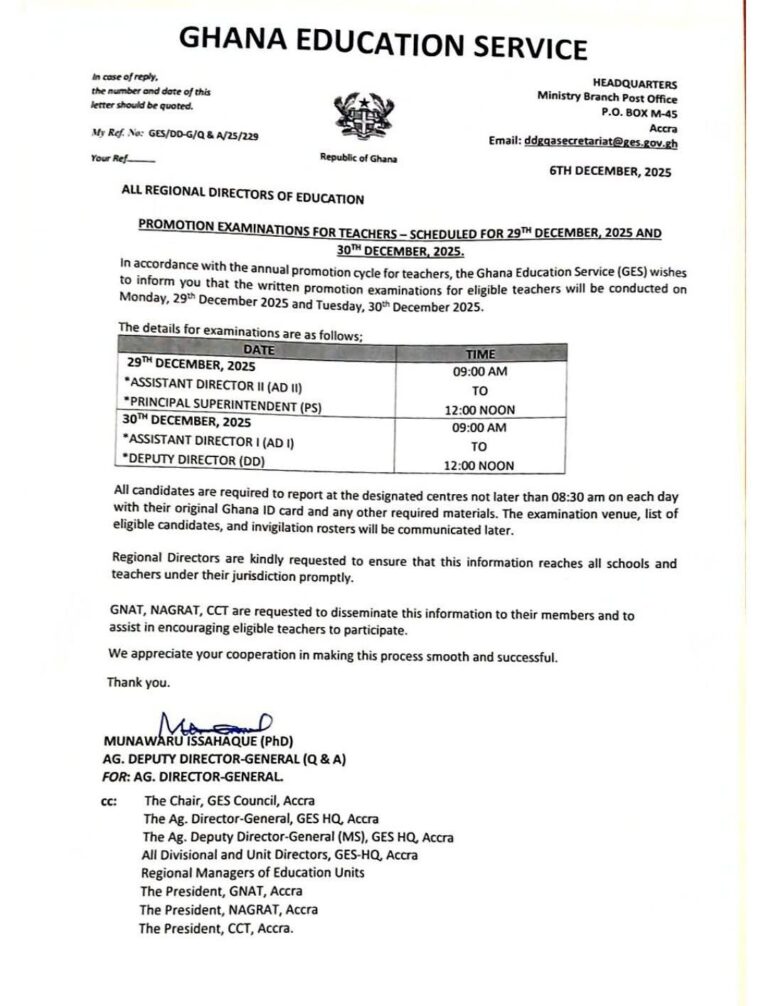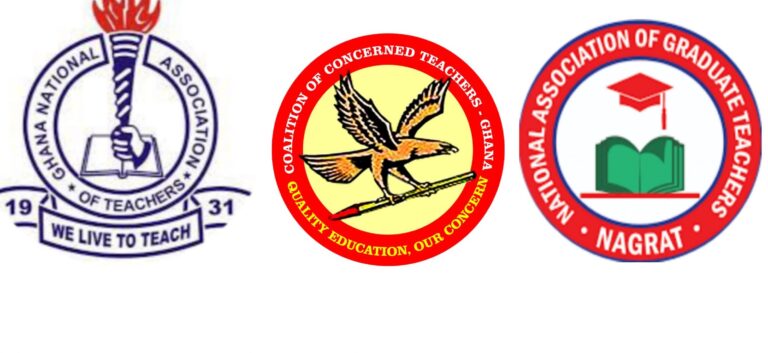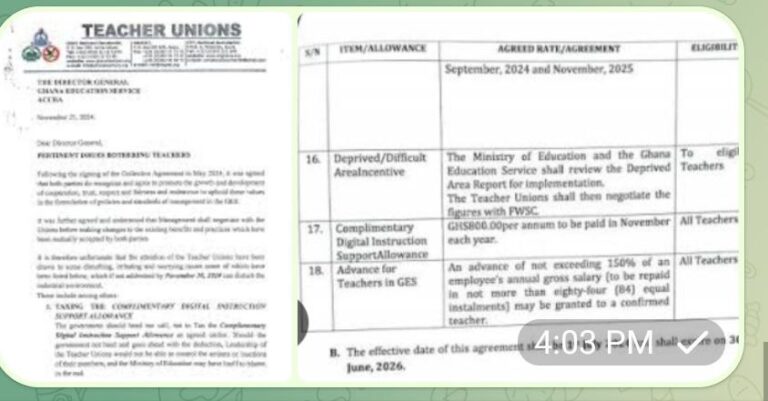
A Comprehensive Guide to Ghana’s History Curriculum
Table of Contents
Introduction <a id=”introduction”></a>
Ghana’s history curriculum offers a rich exploration of African civilizations, colonial encounters, and nation-building. This guide breaks down the key competencies and content areas for students and educators.
Core Content Areas
1. Historiography & Historical Skills <a id=”historiography”></a>
Competencies:
-
Define history and its importance
-
Identify sources/methods of African history
Key Topics:
✔ Oral traditions vs. written records
✔ Archaeological evidence
Classroom Activity:
Analyze a primary source document from Ghana’s archives.
2. Civilizations of North Africa (3000 BC-1800 AD) <a id=”north-africa”></a>
Focus Civilizations:
-
Pharaonic Egypt
-
Berber cultures
Learning Outcomes:
-
Explain Egypt’s influence on Christianity/Islam
-
Describe Berber trade networks
Did You Know?
The Berbers developed the Tifinagh script centuries before Arab contact.
3. West African Empires <a id=”west-africa”></a>
Major Empires:
-
Ghana (Wagadu)
-
Mali (Mansa Musa)
-
Songhai (Timbuktu)
-
Kanem-Bornu
Key Themes:
✔ Trans-Saharan trade routes
✔ Islamic influences
✔ Environmental adaptations
Map Exercise:
Trace gold/salt trade routes across the Sahara.
4. Peopling of Ghana <a id=”peopling-ghana”></a>
Migration Patterns:
-
Northern (Dagomba, Mamprusi)
-
Forest (Akan groups)
-
Coastal (Ga-Adangbe, Ewe)
Assessment Focus:
Compare the political structures of pre-colonial states.
5. Pre-Colonial Social Systems <a id=”pre-colonial”></a>
Aspects Covered:
-
Kinship systems
-
Rites of passage
-
Traditional economies
Discussion Question:
How did subsistence farming shape community structures?
6. European Contact & Colonialism <a id=”european-contact”></a>
Key Events:
-
1471: Portuguese arrival
-
Trans-Atlantic Slave Trade
-
1844: Bond of 1844
-
Scramble for Africa
Critical Analysis:
Evaluate both the positive/negative impacts of colonialism.
7. Road to Independence (1900-1957) <a id=”colonial-era”></a>
Nationalist Movements:
-
UGCC
-
CPP (Nkrumah)
-
1957: Independence
Biography Spotlight:
Kwame Nkrumah’s education reforms
8. Post-Independence Ghana <a id=”post-independence”></a>
Political Timeline:
-
1966: First coup
-
1979: June 4th Uprising
-
1981: PNDC era
Debate Topic:
“Military vs. Civilian Rule: Which better served Ghana?”
9. Constitutional Development <a id=”constitution”></a>
Key Documents:
-
1925: Guggisberg Constitution
-
1951: Nkrumah’s reforms
Comparative Analysis:
Contrast colonial vs. post-independence constitutions
10. Ghana in Global Affairs <a id=”international”></a>
International Roles:
-
OAU/AU founding member
-
ECOWAS leadership
-
UN peacekeeping
Case Study:
Ghana’s mediation in the Liberian civil war
Assessment Framework <a id=”assessment”></a>
Cognitive Levels Weighting:
| Content Area | Recall (15%) | Understanding (25%) | Application (30%) | Analysis (30%) | Total |
|---|---|---|---|---|---|
| Post-Independence Ghana | 2 | 3 | 3 | 4 | 12% |
| European Contact | 2 | 3 | 3 | 3 | 11% |
| Total | 15% | 25% | 30% | 30% | 100% |
Key Takeaways <a id=”key-takeaways”></a>
-
Focus Areas:
-
West African empires (9%)
-
Colonialism impacts (11%)
-
Nation-building (12%)
-
-
Skill Development:
-
60% of assessment tests higher-order thinking
-
-
Teaching Resources:
-
The History of Ashanti Kings (Primary Source)
For the past question, click here: https://ntc.gov.gh/practice_test/history/
Follow us on WhatsApp for more updates: https://whatsapp.com/channel/0029VaCyYGIFHWpx22L38a2K
Seekers Consult
Contact Us for Your Study Abroad Journey
We search for schools and check available scholarships for you
Contact: 0550414552 / 0362297079
Loan for government workers
Transcript Application
English Proficiency
Recommendation letter
Project work/thesis for undergraduate, master’s, and PhD students.




